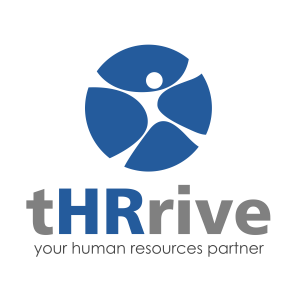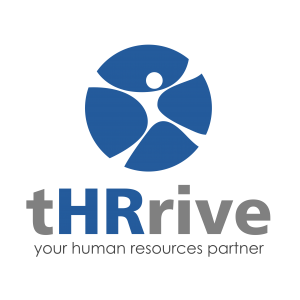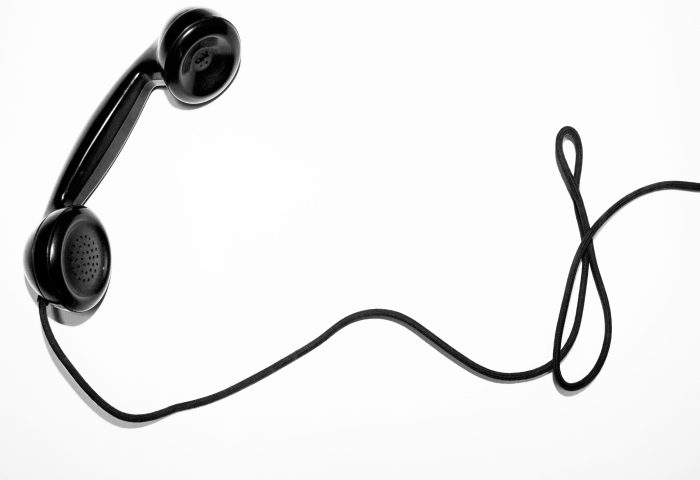Sorry, who? Keep your references current

Resume: Is one page all employers want?
February 17, 2017
The one employer perception.
February 17, 2017Many job seekers forget the importance of providing good job references to employers after the job interview. In many cases the reference check can make all the difference between receiving a job offer or a thank you letter. In our experience as human resources professionals, the reference check is always the final step in any recruitment process, especially if it comes down to having to choose between two potentially strong candidates. In many cases the job references act as the final vote to determine the “best fit”. Take the time to find good job references that can speak about your accomplishments, strengths and abilities when an employer comes calling.
Here are some keys to providing successful job references:
Forget the letter: Employers have no interest in reading an informal reference letter written in the past. Letters do not have credibility, since anyone can write them for you. Employers want to be able to contact and communicate with a real person who can speak about your strengths and weakness and fit for the job you are seeking via the phone.
Leave references off your resume: References should be on a separate sheet and not on your resume. Never give references to employers until they are requested. Be sure to keep a list of at least 3-5 updated references with you when attending the job interview so that you can be prepared to present them to the employer if requested.
Choose your references carefully: Choose references that will make the strongest recommendations for you. It is always best to choose former managers or supervisors who you reported to over co-workers since they are taken in higher regard by employers. References that know all your accomplishments, strengths and abilities provide the most positive choice.
References do not have to be employment related: Ideally you want to use work related references if possible, but if you are a student or have a hard time finding 3-5 work references feel free to contact: former professors, co-workers, customers or acquaintances you know through volunteer work or organizations.
Get permission: Before listing someone as your reference, be sure to ask for their permission and ask if they are comfortable. The last thing you want is to have an employer call a reference on your list without them being aware. This will not look good in the eyes of the employer and could lead to a poor or incomplete reference check.
Ensure contact information is current: Get current and complete information from each reference: full name, current title, company name, business address, and contact information (email address and phone numbers).
Keep your references informed: Once you provide an employer with a list, make sure each reference is contacted and given a “heads-up” that they may be contacted by the employer. Provide the references with information about the company, position you have applied for, and who may be contacting them.
Thank your references for their help: As a common courtesy always thank your references for their help regardless if the employer contacts them or not. The best references are those you keep in touch with on a regular basis, since you may have to use them a few times during your job search.
Good References are a critical part of any job search and can help you secure that perfect job. They provide a potential employer with information about your past work history, your skills, and abilities.
Information provided by HR Difference.
Our HR team specializes in providing small and medium sized companies with cost-efficient and customized human resources consulting solutions and learning management systems to meet your need and budget. We also provide custom resume writing and telephone job interview coaching for job seekers.





